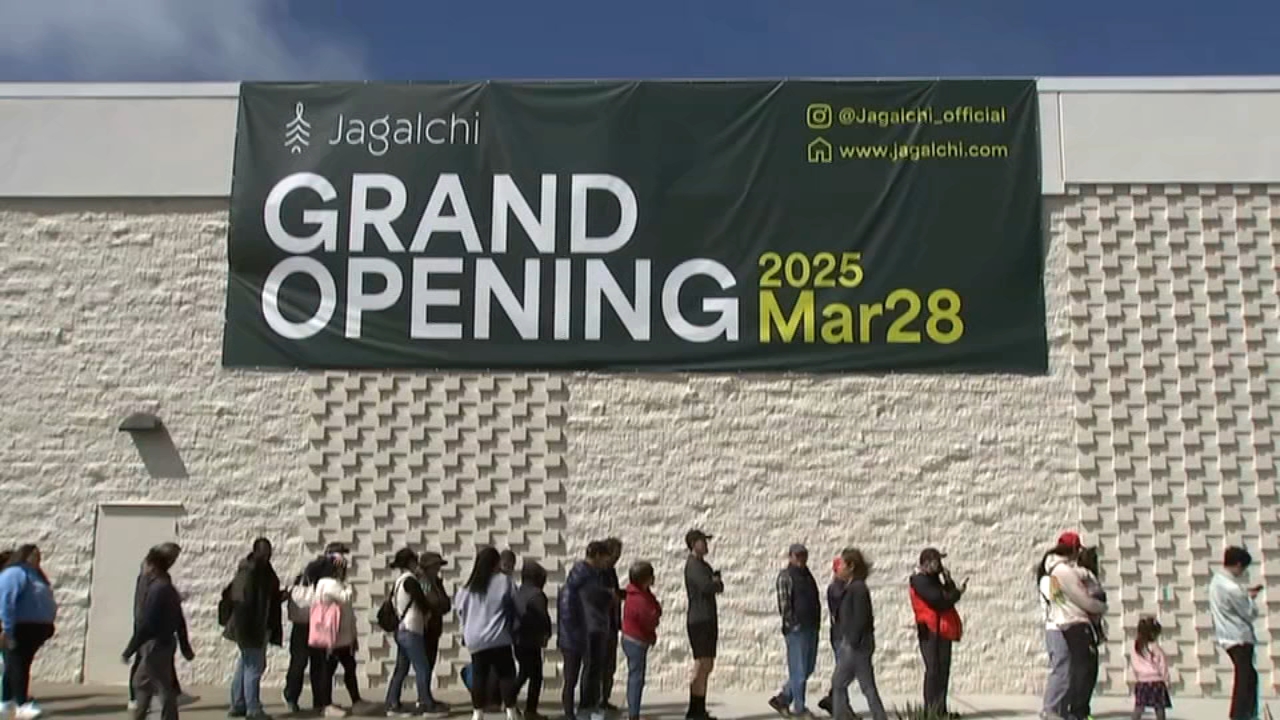Better Business Bureau reveals its top scam, how do you protect yourself?

SAN FRANCISCO (KGO) -- From investment scams to romance scams, millions of people around the country fall victim every year.
The Better Business Bureau recently released a report of its top scams of 2018. Benjamin Yee, Vice President of Marketing & Business Development from the Better Business Bureau, spoke to me about the top scams impacting consumers.
You can watch the full interview in the video player above.
The BBB provided the list of the top five scams from their 2018 Scam Tracker report:
Employment: A job offer comes with high pay and options to work remotely and with flexible hours. To get the job, a candidate must complete forms that require personal, sensitive information and may be required to "purchase equipment" with part of the proceeds of what turns out to be a fake check.
RELATED: Better Business Bureau give tips to protect yourself from fake charities
Online Purchase: A buyer makes a purchase online from an individual seller or company, but the item never arrives. Or in other cases, a person sells an item online, but the check received for payment is fake.
Fake Check/ Money Order : A check is sent to a consumer that contains an "accidental overpayment" or other overage. The scammer asks the consumer to wire back the excess money. The check appears real and "clears," so the consumer thinks it is okay to withdraw funds, but weeks later the bank discovers the check is phony. The consumer now owes the withdrawn funds to the bank.
Home Improvement: Door-to-door solicitors offer quick, low-cost repairs and then either take payments without returning, do shoddy work, or "find" issues that dramatically raise the price.
Advance Fee Loan: A loan is "guaranteed," but comes with upfront charges, including taxes or "processing fees." When the charges are paid, the loan never materializes and the applicant is left with larger debts.
The Better Business Bureau has tips to protect yourself from scams:
-Never send money to someone you have never met face-to-face.
-Don't click on links or open attachments in unsolicited email.
RELATED: Better Business Bureau warns of Valley Fire donation scams
-Don't believe everything you see. Scammers are great at mimicking official seals, fonts, and other details. Just because a website or email looks official does not mean it is. Even Caller ID can be faked.
-Don't buy online unless the transaction is secure. Make sure the website has "https" in the URL (the extra s is for "secure") and a small lock icon on the address bar. Even then, the site could be shady. Check out the company first at BBB.org.
-Be extremely cautious when dealing with anyone you've met online.
You can download a free copy of its scam findings, and find five more ways to protect yourself by visiting the Better Business Bureau's Scam Tracker website by clicking here.
Take a look at more stories by Michael Finney and 7 On Your Side.










